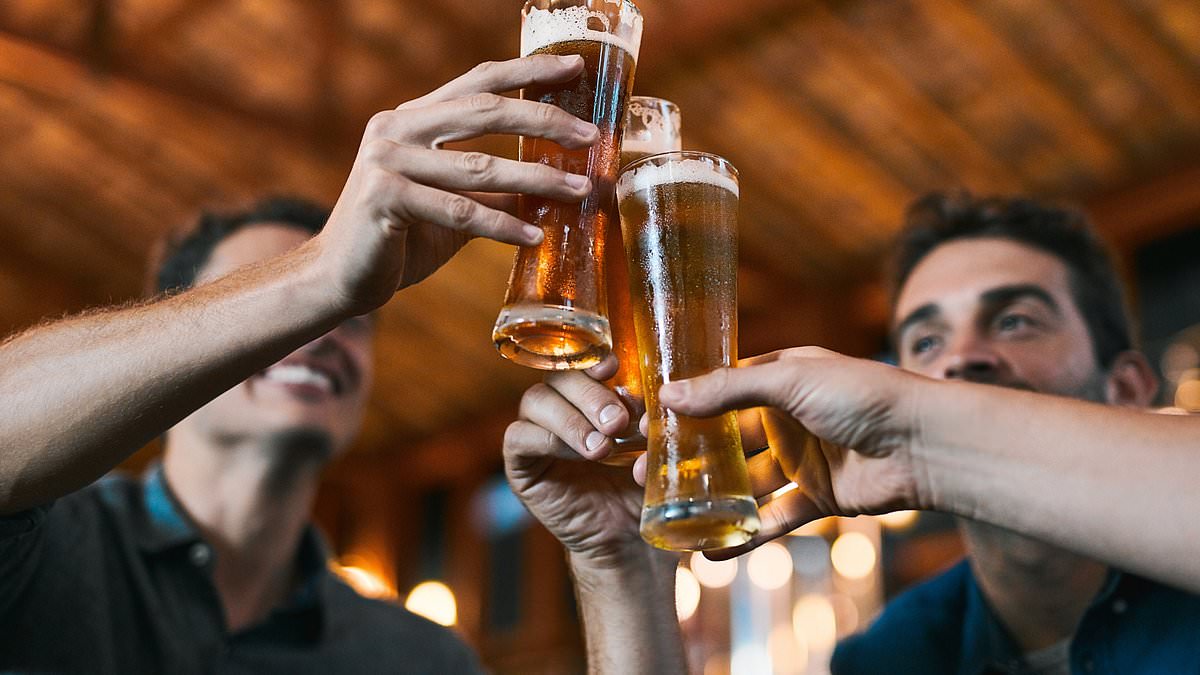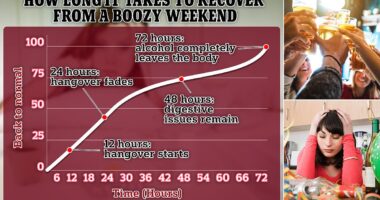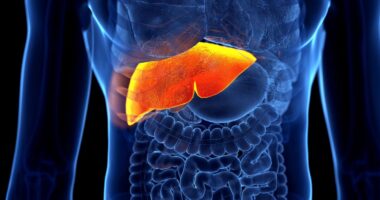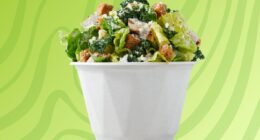After one too many drinks last night, many will be waking up this morning and swearing off alcohol for the month.
But Dry January is becoming a ‘fashionable exercise’ and is increasingly being used as an excuse for dangerous year-round drinking habits, an expert has warned.
Dr Niall Campbell, consultant psychiatrist at the Priory and one of the UK’s leading alcohol withdrawal specialists, has issued an urgent warning about Britain’s drinking culture.
‘If you use Dry January as an excuse to drink to excess in December and February, and the rest of the year, then you’re missing the point. Increasingly, that’s what we’re seeing,’ he said.
‘Dry January is a fantastic initiative. It is very popular and the health benefits of completing it are significant.
‘But I worry that it has become a fashionable exercise for a lot of people. As a society, we need a wake-up call.’

Alcohol is causing record breaking numbers of deaths across the UK, according to figures released in December (file image)

Around 15.5 million people in the UK are expected take on Dry January this year (file image)
Around 15.5 million people in the UK are expected take on Dry January this year, the popular annual challenge where people abstain from alcohol for 31 days.
Yet alcohol is causing record breaking numbers of deaths across the UK, according to figures released in December, with more than 8,200 deaths in 2023 – a 42 per cent rise on 2019.
New figures released by Priory – an independent provider of addiction treatment services – confirms that alcohol remains Britain’s primary addiction by far.
In 2024, 59 per cent of people seeking support through their addiction treatment services were seeking help for alcohol misuse.
Dr Campbell warned that the numbers of alcohol-related deaths may be even higher than the figures indicate.
‘The official numbers of deaths are startling, but they are just the tip of the iceberg,’ he explained.
‘It is clear from my long clinical experience with alcoholics that the number of deaths from alcohol is much higher than the figures indicate.
‘The government statistics only cover a limited number of causes, mainly from liver disease.

January should be a time for everyone to reflect on their drinking habits and learn how to enjoy social events or relax at home without alcohol, one expert has said (file image)
‘Many more people die as a result of other alcohol-related causes, especially intoxication resulting in fatal accidents, withdrawal seizures, heart attacks and strokes, even at a younger age.
‘Often post-mortems are either not done or do not pick up on alcohol as a cause of death in these conditions.’
While one-in-five people now classify themselves as non-drinkers, particularly younger generations, significant numbers of those who do drink alcohol do so harmfully, he added.
He said January should be a time for everyone to reflect on their drinking habits and learn how to enjoy social events or relax at home without alcohol.
These lessons should be carried through the rest of the year, he added.










